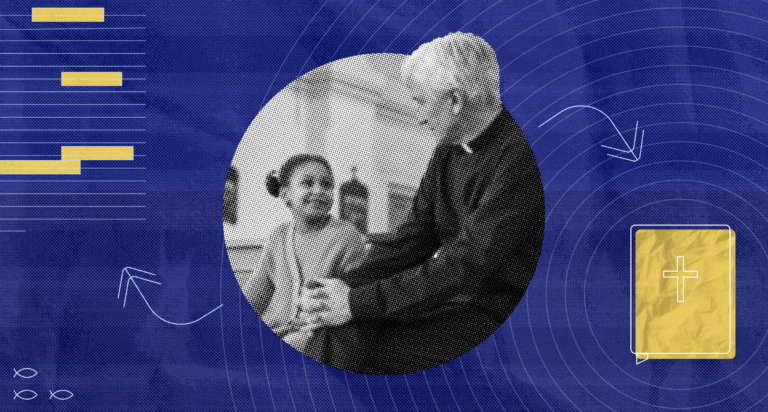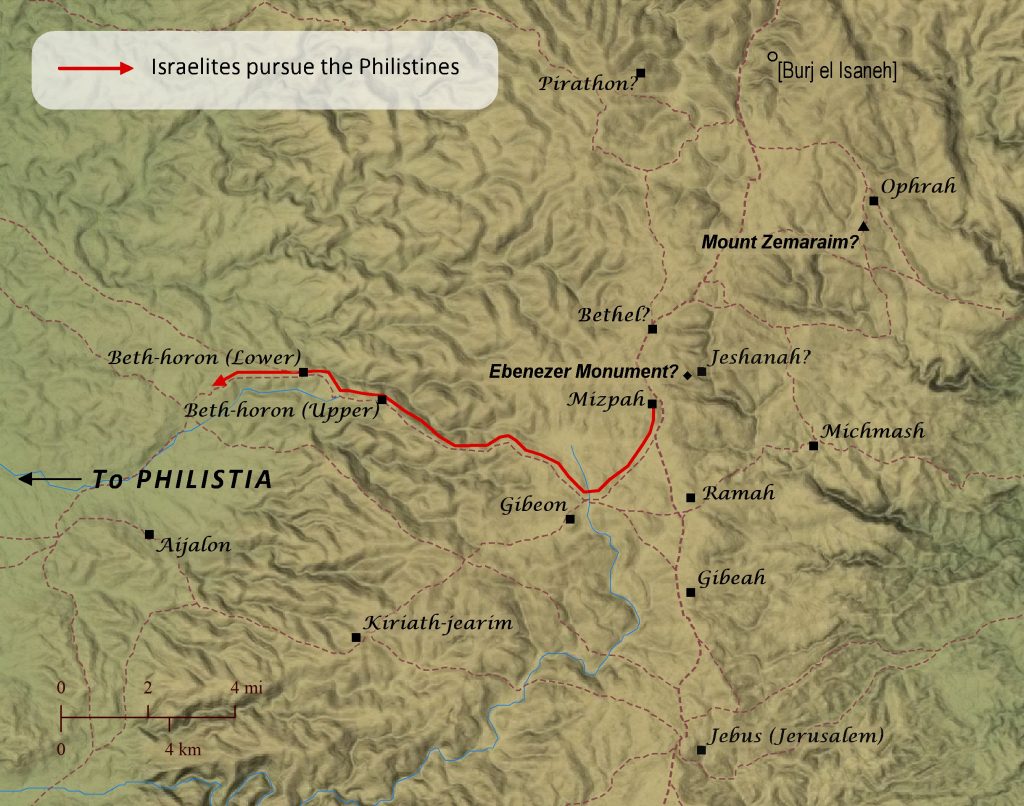In his book on the early church, James Dunn notes that Luke dedicates approximately one-quarter of his work to the arrest and trials of Paul (Beginning from Jerusalem, 958). This tells us a great deal about Luke’s agenda in the book of Acts. His interest is in Paul as the apostle responsible for the westward expansion of the church. He spends more time describing Paul’s “passion” than any other character in the book, including Jesus! We have a chapter on Stephen the first martyr, a brief notice of John the Baptist’s death, and only a line on James the Apostle. Luke does not mention the fate of the other members of the apostolic community.
Romans 15:30–31 (ESV) I appeal to you, brothers, by our Lord Jesus Christ and by the love of the Spirit, to strive together with me in your prayers to God on my behalf, 31 that I may be delivered from the unbelievers in Judea, and that my service for Jerusalem may be acceptable to the saints…
Acts 20:22-23 (ESV) And now, behold, I am going to Jerusalem, constrained by the Spirit, not knowing what will happen to me there, 23 except that the Holy Spirit testifies to me in every city that imprisonment and afflictions await me.
In his trials in Acts 21-28, Paul fulfills his commission to be the light to the Gentiles, bringing the message of Christ to the Gentiles, kings, and sons of Israel (9:15-16, repeated in 22:15-21, 26:18-19). He will stand before the people of Jerusalem, Roman governors (Felix and Festus), and the King of the Jews, Agrippa II.
Paul leaves Miletus and makes several stops before landing in Tyre (21:1-3). Modern readers might think these detailed travel notes are strange, but Keener suggests these details about travel were included because ancient readers appreciated them (Acts, 3:3074). They were considered entertaining to an ancient reader.
Cos is an island near Rhodes known in the ancient world for its wines (Strabo, 14.1.15). Josephus reports a Jewish community (Ant. 14.112-113, 233). Rhodes was an island with a large natural harbor. It was known for its wealth and classical learning. Most Jewish readers would recognize the location; 1 Maccabees 15:21-23 mentions that Rhodes had a treaty with Judea. Patara was a Lycian port city on the southern coast of Turkey near Myra (the home of Saint Nicolas). It was a significant city in the first century.
In Patara, Paul switches to a larger ship bound for Phoenicia and Tyre. This is about 350 miles by the open sea. Smaller ships needed to hug the coast, making the journey longer. The ship comes within sight of Cyprus and lands in Tyre, in Roman Syria. In modern Lebanon, the city of Tyre was the primary port city in Phoenicia. Tyre is one of the oldest continuously occupied cities in the world. Luke tells us that unloading the ship takes a week, but a large merchant ship could take much longer. Keener cites the example of an ancient sunken merchant ship that was transporting 4500-7800 amphoras of wine, “between 225 and 390 tons” (Acts, 3:3079).
Although he could have traveled to Ptolemais on foot in one day, Paul used this week-long layover to visit Christians in Tyre. The group “sought out” (ἀνευρίσκω) the disciples. One main reason for this is that they needed someplace to stay for seven days. Hospitality was important in the ancient world. Travelers often stayed with acquaintances. This time will allow Paul to pass along news from his western churches. Acts 11:19 indicates some of the Christians scattered after the stoning of Stephen fled to “Phoenicia, Cyprus, and Antioch.” Since Paul later ministered in Antioch and Cyprus, it is reasonable to assume that he also knew disciples in Tyre.
Some of the disciples had the gift of prophecy, and they urged Paul “by the spirit” not to go on to Jerusalem (21:4). The grammar implies multiple warnings from various people during the week they were in Tyre. Luke used the imperfect tense of λέγω, indicating ongoing or repeated action.
Is Paul receiving contradictory messages from the Holy Spirit? In the previous chapter, the Holy Spirit compelled Paul to go to Jerusalem (Acts 20:22-23). The prophets warn Paul that he will suffer in Jerusalem (by the Holy Spirit, consistent with Acts 20:23). Then they instruct him not to continue his journey (on their own initiative). Paul may have evaluated the prophecies and rejected them (1 Thess 5:2-22).
Like his departure from the Ephesian elders, and what happens in the following paragraph with Agabus, people warn Paul that he is placing himself in danger by traveling to Jerusalem. Paul prays with the disciples on the beach before returning to the ship bound for Caesarea (21:5-6).

 1 week ago
21
1 week ago
21










 English (US) ·
English (US) ·